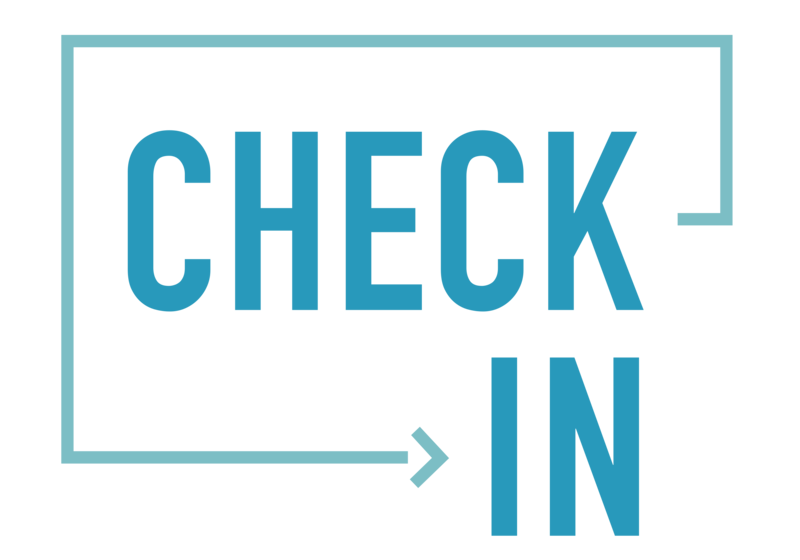A veteran’s transition from the military can be challenging for many reasons, but there’s one that’s typically overlooked or ignored: mental health.
Finding meaningful employment, overcoming barriers to education, a lack of social connectedness and engagement with family, and financial hardships are frequently caused or made worse by stress, anxiety, and depression. That can lead to things like substance abuse.
Getting the care to address these issues has probably never been as easy as it is today, but many veterans still don’t reach out for support. The military teaches service members to be tough and push through pain, which can be helpful in combat or training during service, but hurt other aspects of life. It can convince veterans that asking for help is a sign of weakness.
But the truth is, asking for help takes courage, and it’s one of the strongest things a person can do. Putting aside ego and pride and seeking and accepting care can be life-changing, not only for the veteran but their loved ones. A good place to start navigating a confusing mental and brain health care landscape is the Check-In tool from the George W. Bush Institute’s Veteran Wellness Alliance. It connects veterans and their family members to high-quality and military competent mental and brain health services – and it’s free.
Check-In helps people quickly find trained professionals who truly understand military life. Whether you need someone to talk to, help managing stress, or support for something more serious, Check-In can get you to the most appropriate care anywhere in the United States.
Many veterans avoid mental health care because they think no one could possibly understand what they’ve been through. Military experiences, including deployments, combat, loss, and stress, can be hard to explain. Many veterans worry that a counselor or practitioner won’t “get it,” especially if they themselves haven’t served.
That’s why military cultural competence is so important – that the person helping you knows the challenges service members and their families face. That they understand the language, the structure, and the unique pressures that come with serving or being the family member of a veteran.
When care providers understand your background, it’s easier to trust them – and trust is key when dealing with mental health.
One of the best things about Check-In is that it’s simple and confidential. There’s no judgment, no long wait, and no need to explain everything from scratch. Just real help, when and where you need it.
Mental health is just as important as physical health. Depression, anxiety, and post-traumatic stress are treatable medical conditions, just like physical issues. Using tools like Check-In, veterans can take care of themselves and show others that it’s OK to ask for help.
If you’re a veteran or someone who cares about one, know that you aren’t alone. Taking that first step can make a huge difference – whether it’s talking to a friend, reaching out to a support group, or connecting through Check-In. It can change and save your life.
Together, let’s make sure every veteran and every military family knows it’s OK not to be OK, and that help is always within reach when you’re ready.
Christopher Vidaurre is Senior Program Manager of Veterans and Military Families at the George W. Bush Institute.


